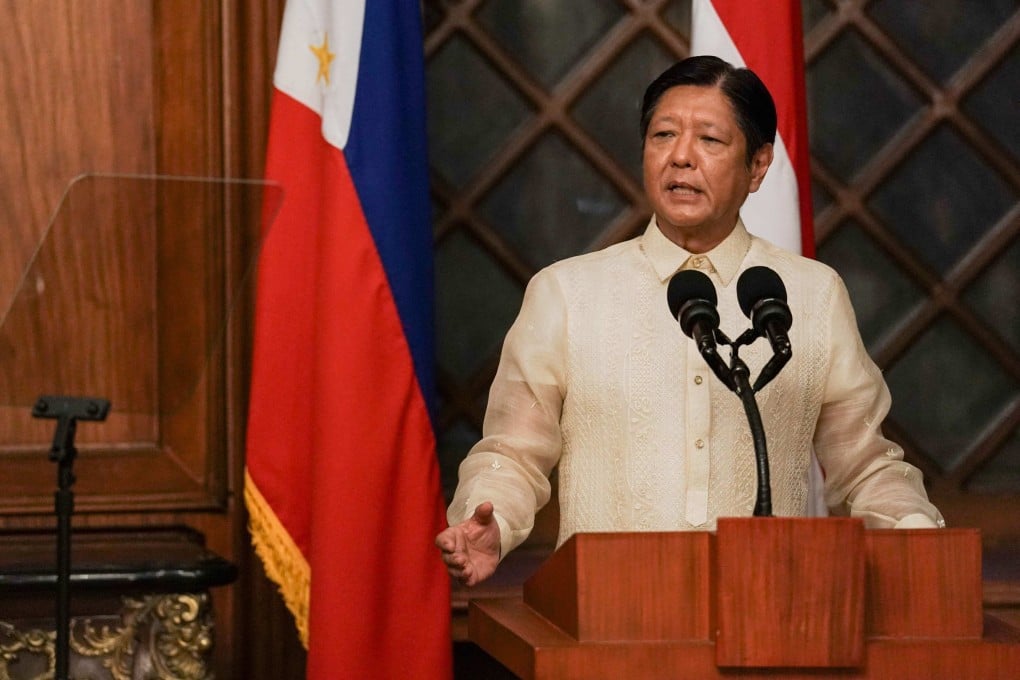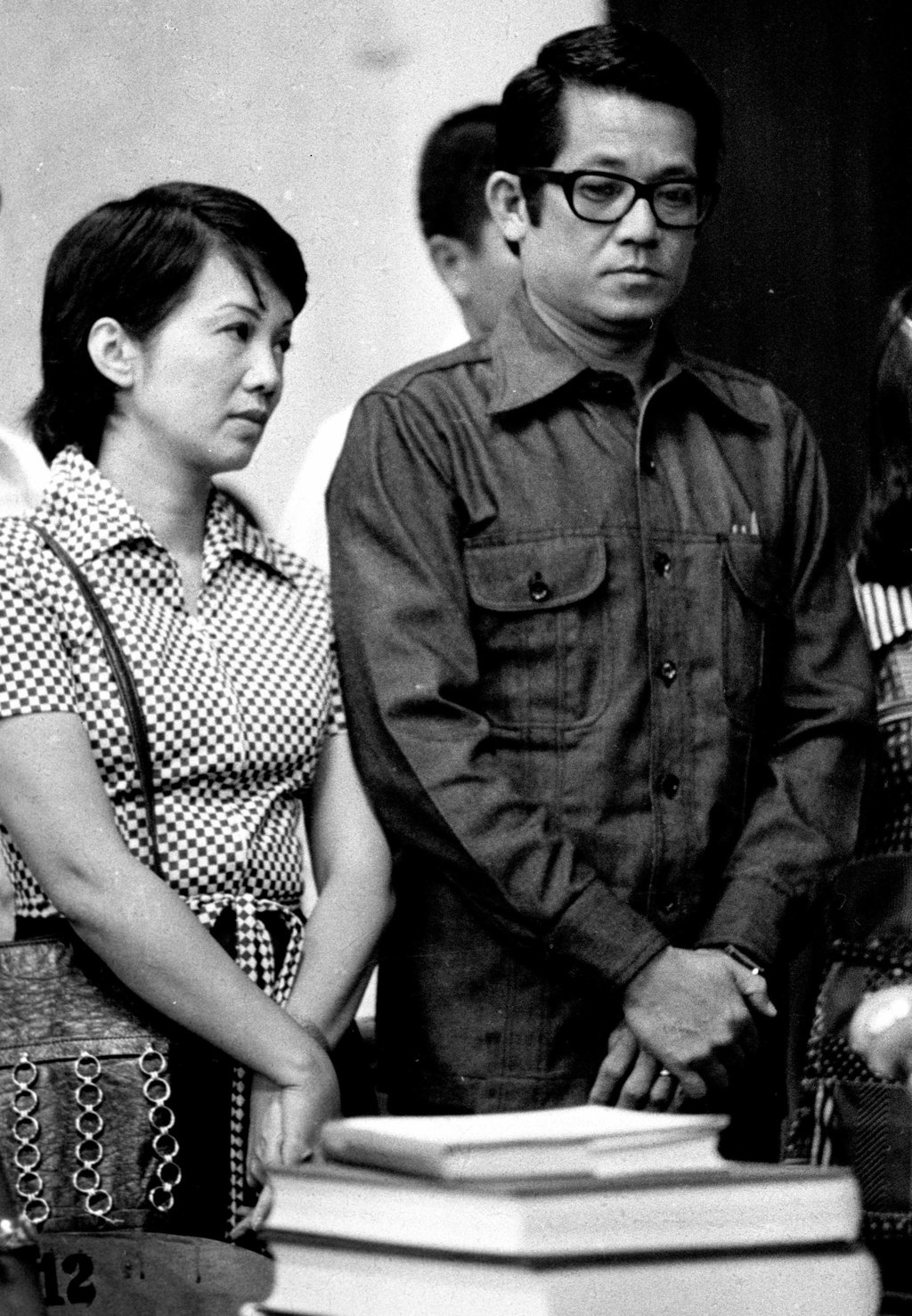Philippines’ Marcos Jnr accused of ‘trivialising’ holiday marking killing of father’s political rival
- Decision to move the August 21 holiday a bid to downplay events leading to downfall of Marcos Snr’s dictatorship, analysts say

In the Philippines, August 21 was named a holiday to mark the assassination of senator Benigno “Ninoy” Aquino Jnr in 1983. However, this year the government holiday will fall two days later after it was moved by President Ferdinand Marcos Jnr – the son of Aquino’s political rival.
Historians say Marcos Jnr’s decision to move the holiday is part of a larger attempt to reshape historical narrative by downplaying the significance of events that led to the downfall of his father’s dictatorship. Critics argue that such revisions are designed to erase painful memories from the nation’s history and secure the political future of the Marcos family.
On August 15, Marcos Jnr issued a proclamation shifting Ninoy Aquino Day from August 21 to August 23 “to provide for a longer weekend thereby promoting domestic tourism”.
Ninoy Aquino, who was part of the opposition against then president Ferdinand Marcos Snr, was assassinated at Manila International Airport on August 21, 1983. His death served to mobilise Filipinos to mount demonstrations against Marcos’ brutal and corrupt dictatorship, and led to the February 1986 peaceful EDSA “People Power” uprising that ousted Marcos’ government.

Historian Dr Ferdinand Llanes told This Week in Asia that Marcos Jnr’s move to shift the Ninoy Aquino Day holiday “trivialises the assassination so as to erase it from [Filipinos’ collective] memory”.
